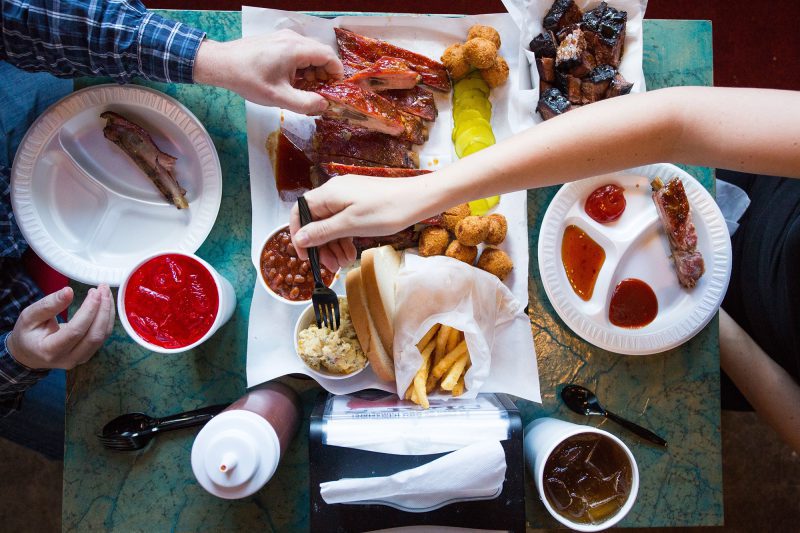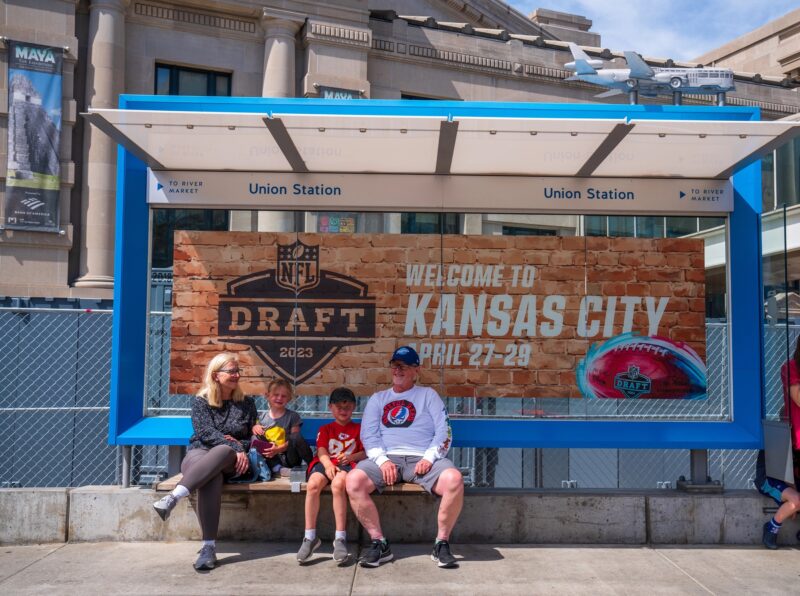Military historian David W. Mills tells the surprising story of what happened during the 1955 agricultural exchange between farmers from the United States and the former Soviet republic. The aim was to build personal, citizen-to-citizen connections on the common foundation of farming during the worst of the Cold War.
And, in part, it worked. An unexpectedly warm relationship developed between the agricultural delegates at a time when nuclear war between the nations was a very real concern. And instead of meeting delegates with open hostility, the people of each town they toured offered so many lunches, dinners, and other events that most had to be turned down.
However, that’s not all the program accomplished. The exchange, not initiated by either government, unwittingly exposed a weakness.
While the program did not directly lead to the fall of the USSR, the exposure of outdated technology and practices, poor agricultural management, and the country’s overall inability to produce enough food for its people and livestock and exposed one of several weak spots that eventually tumbled the tyrannical superpower.
This is Mills’ fourth appearance at the Library and the second installment of the Library’s Rise and Fall of Empires series in partnership with the U.S. Army Command and General Staff College.
Mills is an associate professor in the Department of Military History at the CGSC. He holds a doctorate in history and is the author or co-author of three books: Cold War in a Cold Land: Fighting Communism on the Northern Plains, Operation Snowbound: Life Behind the Blizzards of 1949, and Great Wartime Escapes and Rescues.
![The 1955 Agricultural Exchange and The Fall of The USSR – Event_Image [EVENT]](https://www.visitkc.com/uploads/2025/07/418225fb-b0bf-4d04-ba06-1d990330ba35.jpg)



